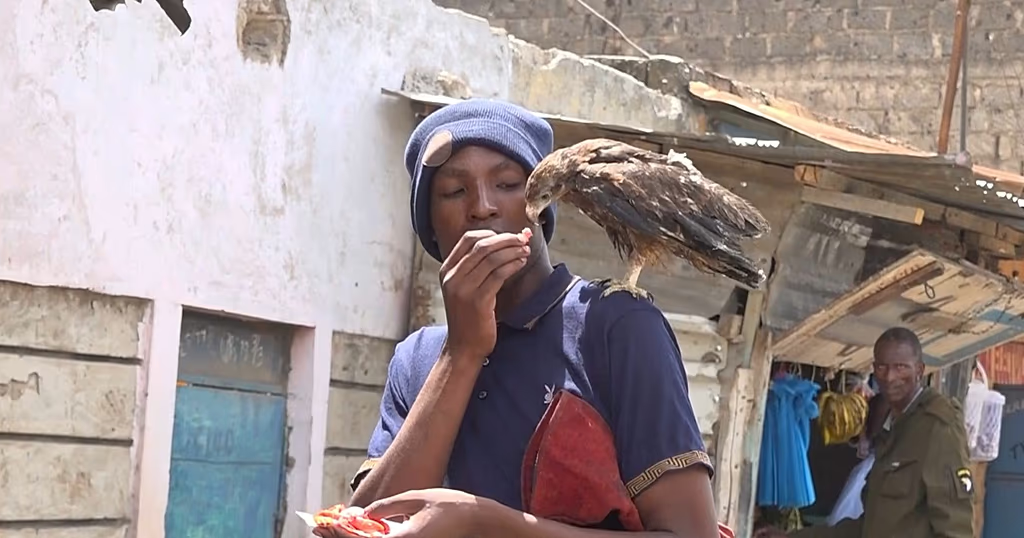The Adamawa State Primary Health Care Development Agency (ADPHCDA) has taken a proactive stance by deploying a total of 5,433 health officials across the 21 Local Government Areas, as part of the robust initiative for the second phase of the polio vaccination campaign.
During an engaging session with journalists in Yola on Saturday, the Executive Chairman of the agency, Suleiman Bashir, unveiled this strategic move. Bashir highlighted that the extensive vaccination exercise is slated to take place from November 11 to November 14, with a target of reaching over one million children between the ages of 0 and 59 months, spanning across the 226 wards.
Emphasizing the significance of this exercise, Bashir noted that while no polio cases have been reported in the state, the vaccination program is pivotal in fortifying the children’s immunity against the virus. He further reiterated the success of the first round, where a staggering 1,304,713 children were successfully vaccinated. According to him, this outstanding achievement accounted for 103% coverage of the targeted demographic.
In an impassioned declaration, Mr. Bashir affirmed that unlike the previous exercise, where vaccinations were administered to children in Internally Displaced Persons camps, this time, the health officials will carry out the vaccination in the comfort and safety of the children’s homes.
Underscoring the importance of community participation, he urged parents and caregivers to embrace this opportunity, assuring them of the safety and effectiveness of the vaccine. “For us to eradicate polio and safeguard the health of our children from other diseases, it is imperative to bolster their immunity,” he emphasized.
Additionally, Mr. Bashir expressed gratitude to the agency’s collaborative partners, which include the media, traditional and religious leaders, for their unwavering support and valuable contributions towards safeguarding the welfare of the people of Adamawa State. This partnership undeniably reinforces the significance of collective action in upholding public health.
Notably, this proactive stance not only solidifies Adamawa’s commitment to public health but also sets a formidable example for other regions to emulate, thereby ensuring a polio-free future for Nigeria.
NAN



